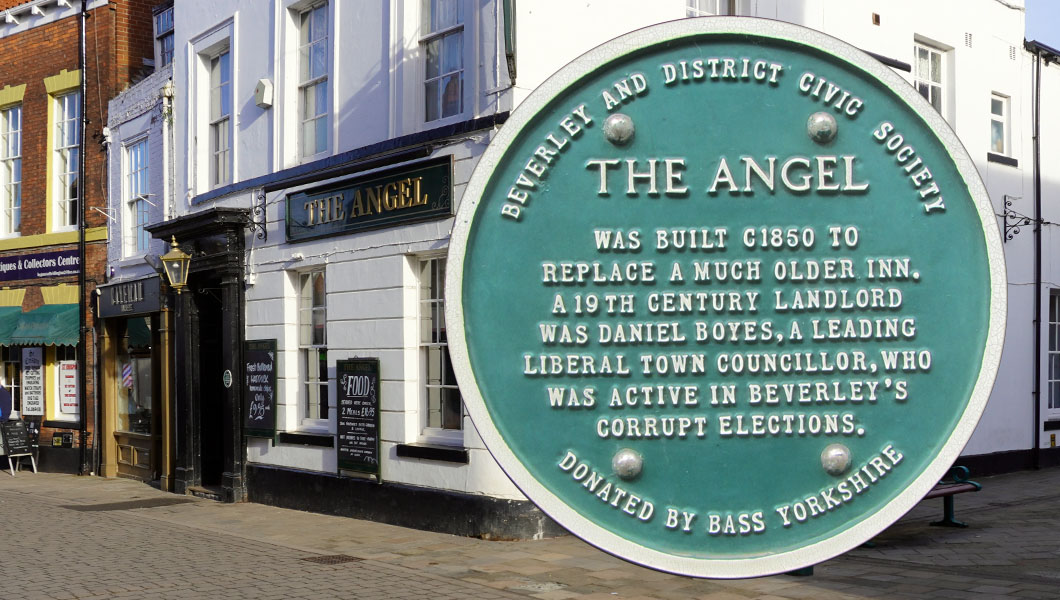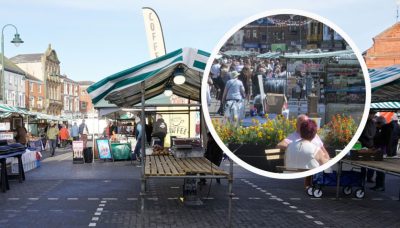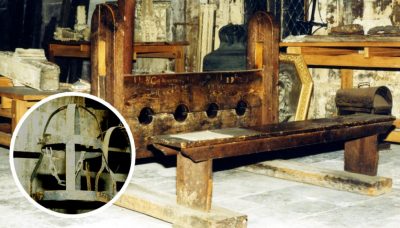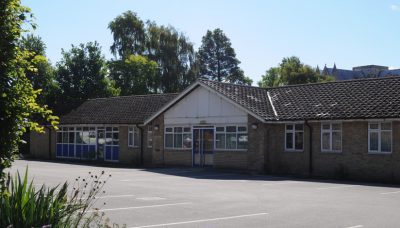
A PINT AND A LESSON FROM HISTORY
When walking through the town centre, it is easy to overlook a small sign on the entrance of one of the public houses. The round plaque erected by the Beverley and District Civic Society on the doorway of the Angel in Butcher Row, marks the location where one of the characters in a major polical scandal once lived. Daniel Boyes, a town councillor and then landlord of the Angel Inn, was one of two men connected to a particular instance of literally buying votes in an election. And the price of a vote? Between one and two sovereigns.
The 18th century was a period marked by widespread electoral corruption in Britain, and the East Yorkshire town of Beverley was no exception. Known for its parliamentary elections marred by bribery, intimidation, and fraud, Beverley became infamous for the extent to which corruption dictated political outcomes.
During the 18th century, Britain’s electoral system was rife with irregularities, particularly in so-called “rotten boroughs” where a small electorate wielded disproportionate power. Beverley, while not as tiny as some boroughs, had a relatively small voting population, making it susceptible to manipulation by wealthy candidates and their patrons.
Elections in Beverley were notorious for bribery, with candidates routinely offering money, gifts, or other incentives to secure votes. Wealthy candidates would spend lavishly, often exceeding their legal means, to ensure victory. The town’s electorate, consisting of freemen who had the right to vote, often expected such incentives and openly participated in what was essentially a bidding war.
One of the most infamous elections took place in 1768 when Henry Maister and Sir Griffith Boynton vied for a parliamentary seat. Reports indicate that bribes were distributed so openly that voters treated the election as a lucrative opportunity rather than a democratic process. Such practices were common across Britain but were particularly egregious in Beverley.
Beyond bribery, coercion played a significant role in Beverley’s electoral process. Landowners and influential figures often pressured tenants and workers to vote for particular candidates. In some cases, threats of eviction or economic reprisal were used to sway voters, further diminishing the legitimacy of the elections.
Beverley’s corrupt elections eventually led to scrutiny. In 1868, almost a century after some of its most corrupt contests, an election scandal led to a parliamentary inquiry. It was revealed that hundreds of voters had accepted bribes, leading to the borough being disfranchised in 1870. This was part of a broader movement to clean up Britain’s electoral system, culminating in reforms such as the Ballot Act of 1872, which introduced secret voting and helped curb bribery.
The history of elections in Beverley during the 18th century serves as a stark example of how corruption pervaded Britain’s political system before meaningful electoral reforms took place. The legacy of these corrupt practices underscores the importance of transparency and fairness in modern democratic systems, serving as a reminder of the dangers of unchecked political influence.



